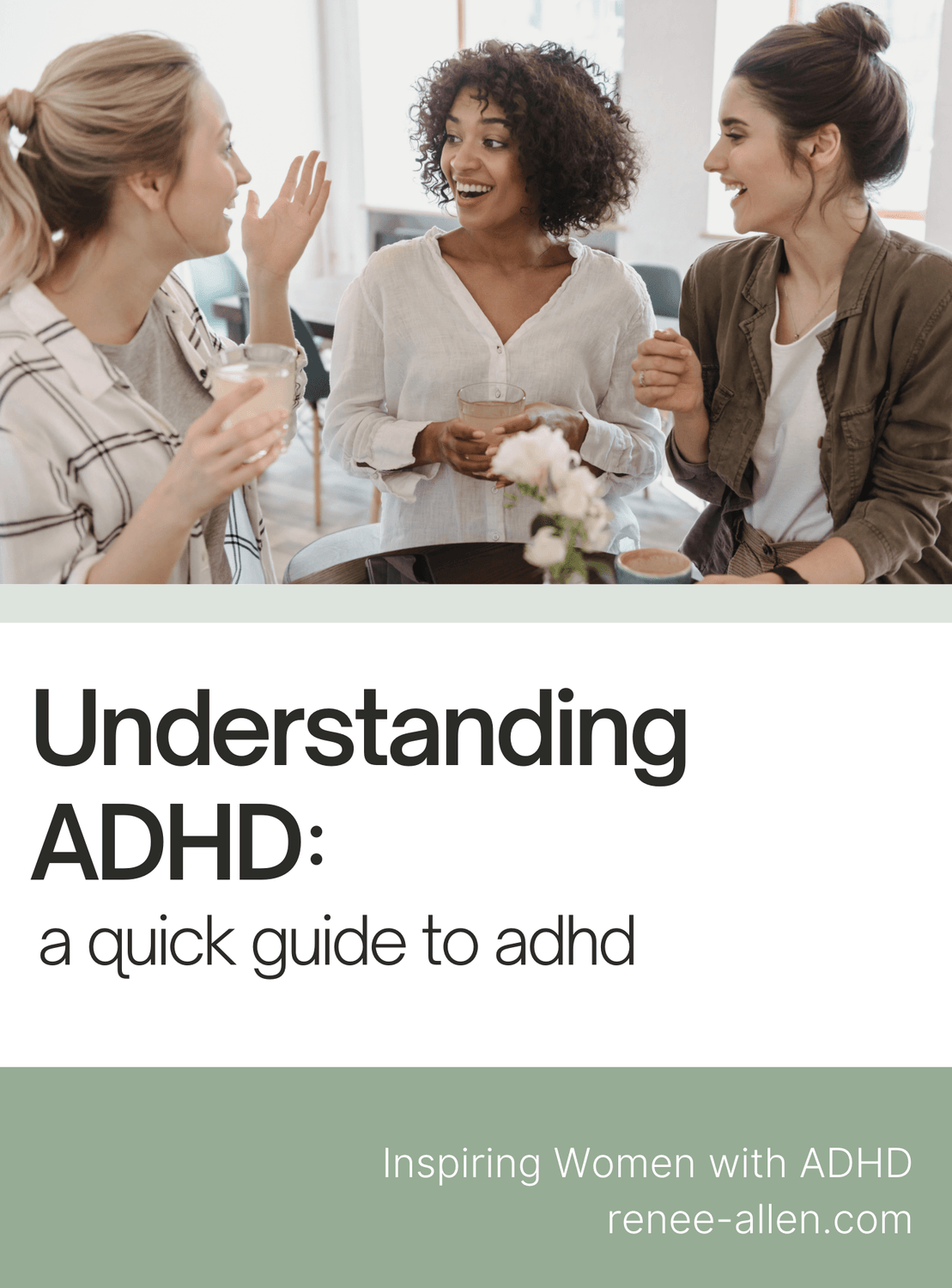ADHD, OCD & OCPD
ADHD, OCD & OCPD
Have you ever wondered if you have OCD, or maybe it’s something else entirely? Take a look at obsessive-compulsive behaviors and explore the differences between OCD, OCPD, and how they relate to ADHD.
What is OCD?
Obsessive-Compulsive Disorder (OCD) is an anxiety disorder characterized by recurrent, intrusive thoughts (obsessions) and repetitive behaviors (compulsions) that individuals feel compelled to perform in response to their obsessions.
The anxiety caused by these thoughts can be overwhelming, and the compulsive behaviors are often an attempt to reduce that anxiety, even if they don't truly help.
Intrusive Thoughts:
These are unwanted thoughts that can cause significant distress.Compulsive Behaviors:
Actions that someone feels driven to perform to alleviate the anxiety caused by their obsessions.
People with OCD often recognize that their thoughts and behaviors are irrational, yet they struggle to control them, leading to significant impairment in their daily lives.

What is OCPD?
Obsessive-Compulsive Personality Disorder (OCPD), on the other hand, is a personality disorder. Unlike OCD, individuals with OCPD do not recognize their need for control as problematic.
People with OCPD create rigid rules and structures in their lives, often prioritizing order and perfectionism over flexibility and interpersonal relationships.
Control and Order:
A strong need to control their environment and relationships, often leading to rigidity in their behaviors.Lack of Awareness:
Unlike those with OCD, individuals with OCPD may not see their behavior as problematic and often believe their way is the only correct way.
How Do These Disorders Relate to ADHD?
ADHD, or Attention-Deficit/Hyperactivity Disorder, is a neurodevelopmental disorder, characterized by symptoms such as inattention, hyperactivity, and impulsivity.
While ADHD is not a personality disorder or an anxiety disorder, those with ADHD can also have anxiety and have other traits in common with OCD or OCPD, such as the need for organization and perfectionism. However, these ADHD behaviors are not driven by the same compulsions seen in OCD or by the need for control in OCPD.
Key Traits
Here are some key traits to help distinguish between these disorders:
OCD is an Anxiety Disorder:
Intrusive and distressing thoughts.
Compulsions aimed at reducing anxiety.
Acknowledgment that thoughts and behaviors are irrational.
OCPD is a Personality Disorder:
Strong need for control and order.
Perfectionism that can interfere with relationships.
Lack of awareness regarding the impact of their behavior on others.
ADHD is a Neurodevelopmental Disorder:
Inattention and difficulty focusing.
Impulsivity and hyperactivity.
Hyperfocusing, which can lead to obsessive behaviors, but not driven by anxiety or irrationality.
Final Thoughts
Understanding OCD, OCPD, and ADHD is essential in recognizing how they can impact our lives and relationships.
While these disorders have similar traits from the outside, the motivations behind the behaviors and specifics of each can significantly differ.
If you think you may have OCD or OCPD in addition to ADHD, talk with your health professional.
If not, you may just be able to understand more about the challenges others face.
— Renee
Get your free ADHD Guide


Download your Free ADHD Guide
Get your free guide
find me @inspiringwomenwithadhd










